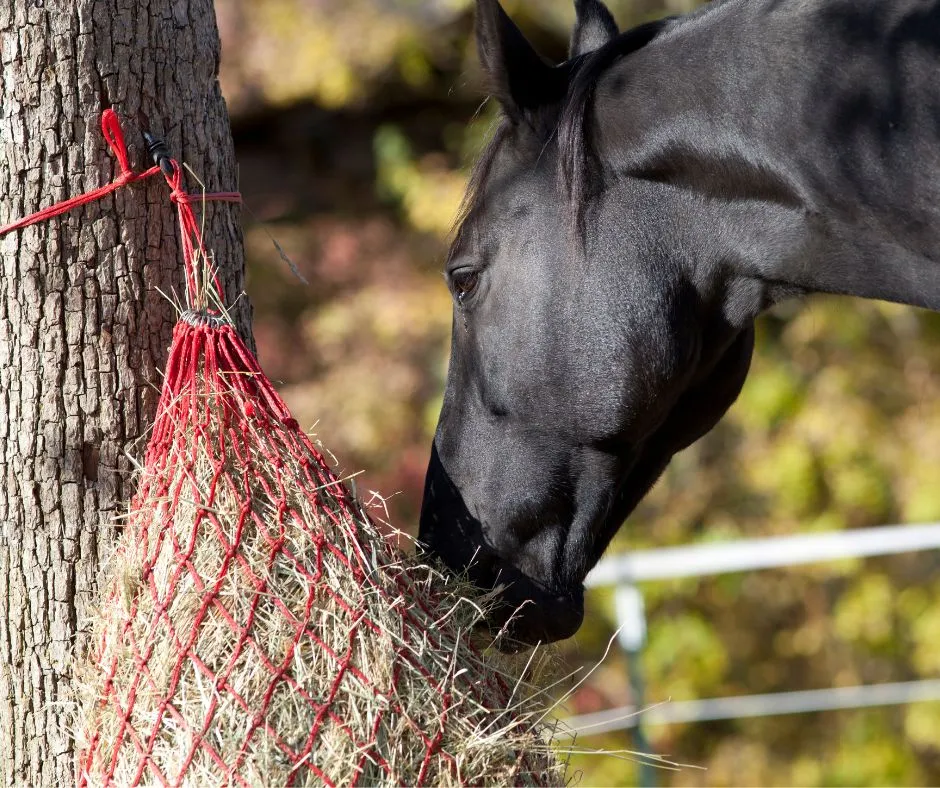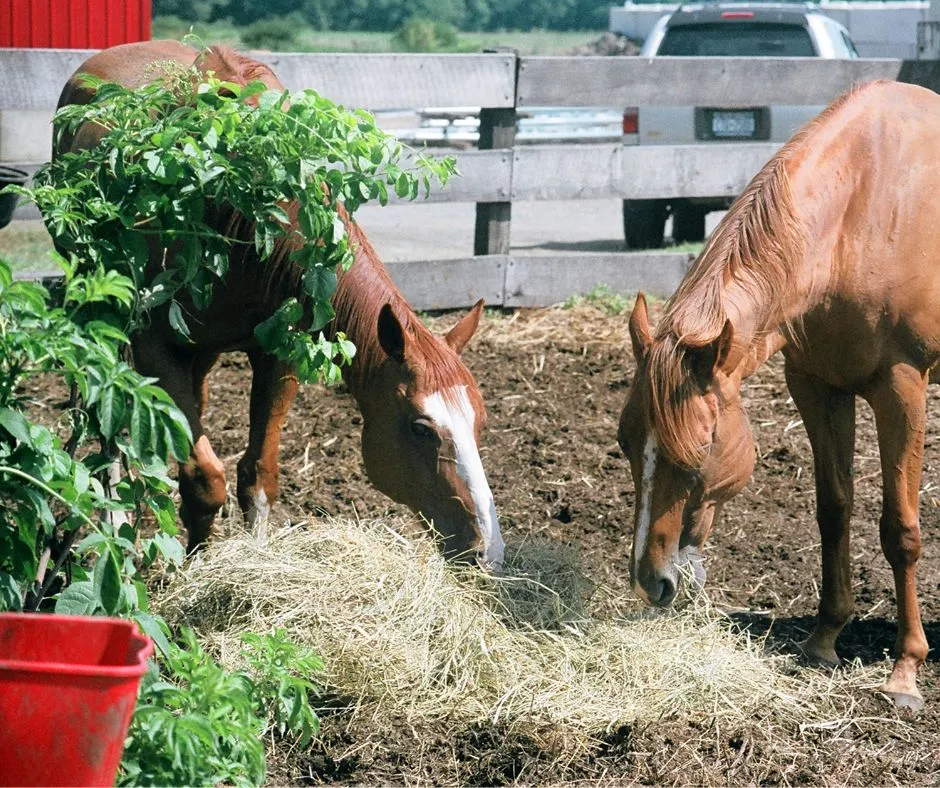We use cookies to make your experience better. To comply with the new e-Privacy directive, we need to ask for your consent to set the cookies. Learn more
The Alkaline Diet for Equines
The alkaline diet is a dietary approach that aims to lower the acid in the horse’s digestive system by feeding them foods that have a high alkaline content.
The theory behind this diet is that an overly acidic diet can lead to health issues in horses, such as ulcers, inflammation, lameness, and poor digestion.
In addition, a lower acidity stomach environment is helpful when trying to restore gut flora. Direct fed probiotics (such as AbPrazole Plus and AbActive) will thrive in stomach environments (4.5 pH) but will struggle in more acidic environments of 3.5 pH and below.
Therefore, creating a more alkaline environment in your horse’s stomach could be the essential first step in restoring their digestive health.
Here are some tips for implementing an alkaline diet for your horse:
Generate Saliva
The beneficial effect of saliva on the pH of the stomach is well documented. It’s a natural buffering agent containing calcium and chloride which reduces acidity.
What is lesser known is how to maximise your horse’s saliva production and it’s relatively simple… Increase their chew time!
This is best done by removing grain and sweet feeds and providing generous amounts of hay. It’s important to know that this must be hay and not chaff because the longer stem length of hay increases the chew time considerably.


Provide Medication Support
Feeding a combination of omeprazole and probiotics has been shown to have a marvelously synergistic effect on the equine stomach.
Omeprazol has been shown to increase the pH (lower the acidity) of equine stomachs from 2 to 4.5 within an hour of dosing. This allows direct fed probiotics like B. Coagulans (found in our probiotic products) to thrive and repopulate the digestive tract.
AbPrazole Plus is our product which combines omeprazole (to reduce stomach acid) with all the benefits of probiotics found in enteric coated B. Coagulans.
It is available easily & affordably from our website with no prescription required.
Access to clean fresh water
Maintaining proper hydration will ensure your horse has proper kidney function.
Alkaline rich foods
Consider adding some alkaline rich foods into your horse’s diet. These could be beets, carrots, sweet potatoes and leafy greens like spinach and kale. These foods can be given as treats or added to your horse’s meals in small amounts.


Limit Acidic Foods
Grains and processed feeds should be fed minimally or not at all. They should not make up the bulk of your horse’s diet.
Mineral Supplementation
Consider adding a mineral supplement to your horse's diet to help balance their pH levels. A good quality supplement should contain minerals such as calcium, magnesium, and potassium, which can help to neutralize acid in the body.
Further Information
For more information about probiotics and how they they can be supplemented effectively, read this post.
To find out more about our products which can help restore your horse’s digestive health. Visit our Shop Page here.








Validate your login